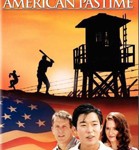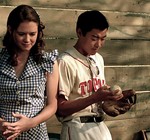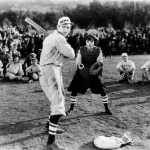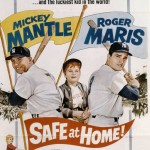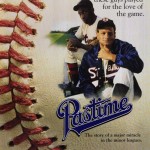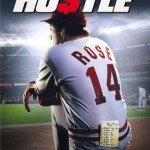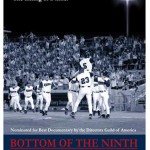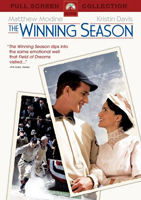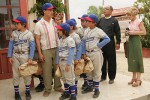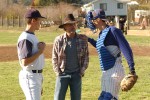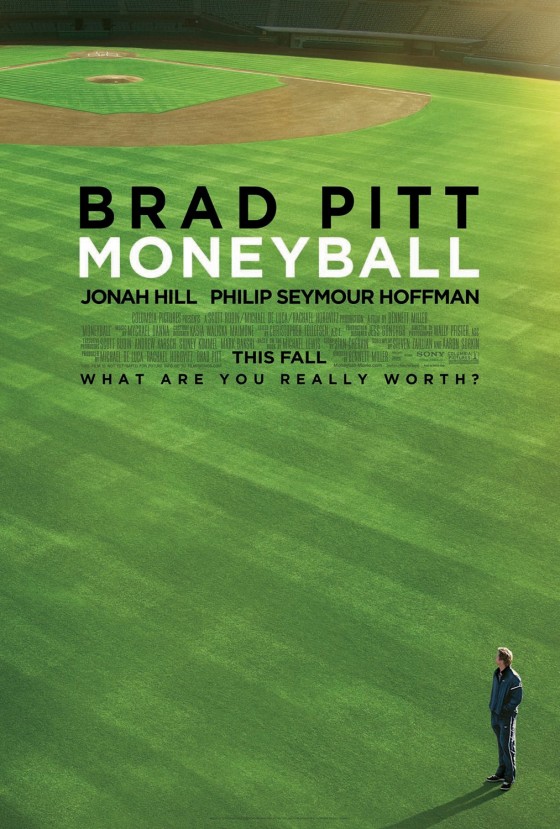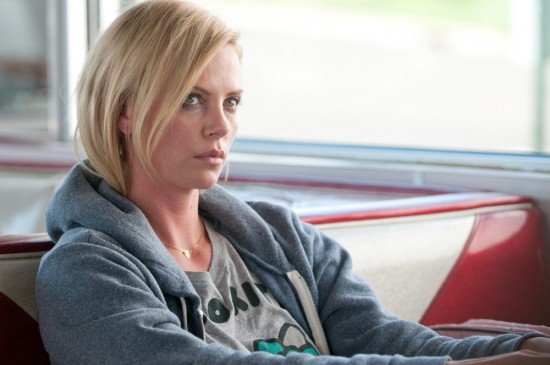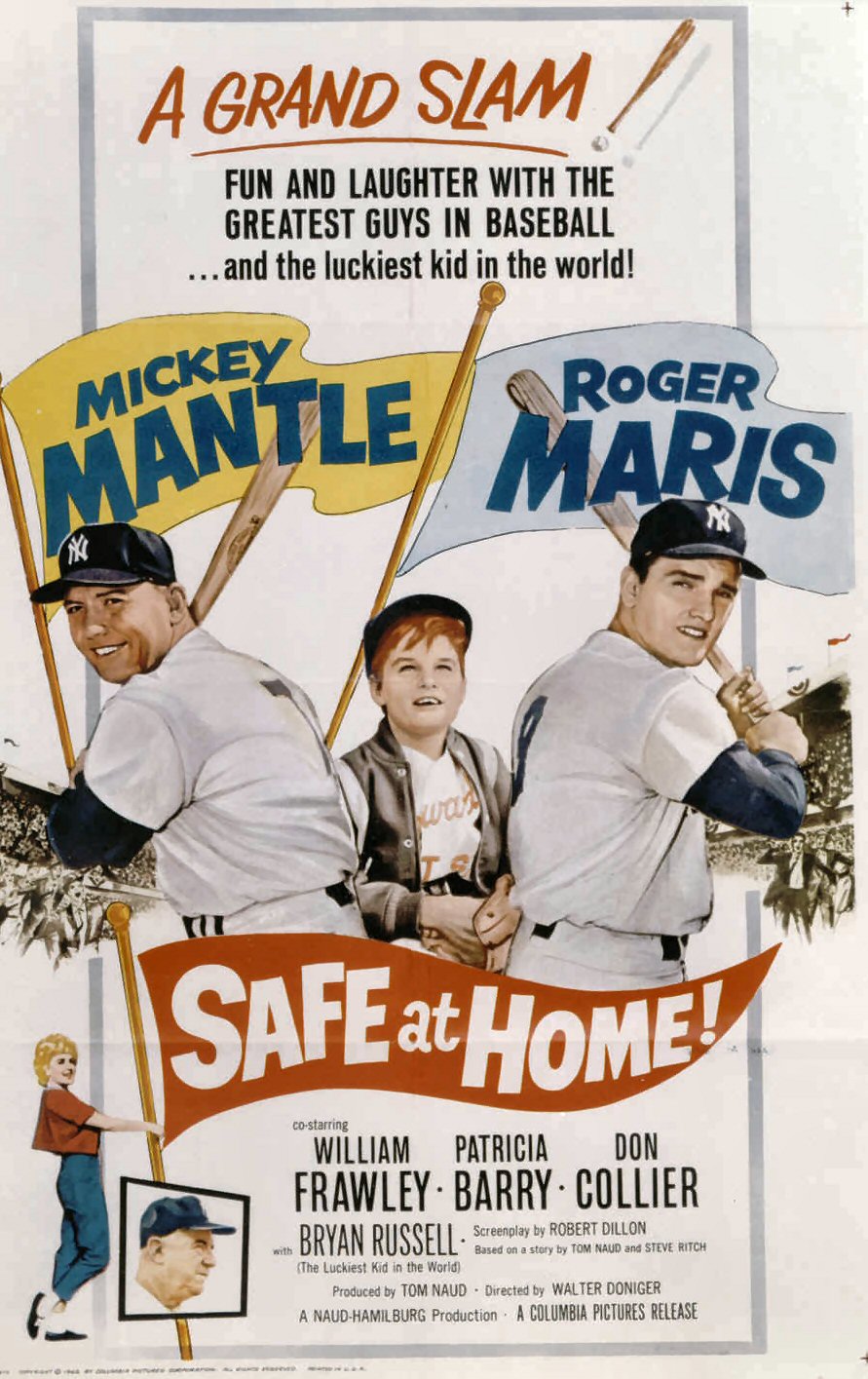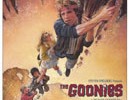The internment camps that forced thousands of people of Japanese descent out of their homes across the United States and Canada is one of the low points in Western history. It’s also somewhat ignored. Although people weren’t killed like they were in the Jewish concentration camps, the internment camps were still a product of racism. Innocent people lost their livelihoods and were forced to make their own communities behind guarded barbwire fences in the middle of nowhere. But from the adversity rose some exceptional stories, including various baseball leagues. Desmond Nakano’s American Pastime tackles the subject with a message-heavy story. It’s full of interesting characters and placed in a charged setting, but the preachy and obvious spin it takes is ultimately melodramatic and predictable.
First-generation American Lyle Nomura (Aaron Yoo) is poised to head off to college with an all-expenses paid baseball scholarship. His family is successful in the local business community. They’re living the American Dream, a little too literally, particularly in the opening scene where things feel far too forced to be taken seriously. Lyle’s voiceover narration shows he’s not only into baseball but jazz music as well. His friends offer up a perfect balance where no national origin outnumbers another. It’s all perfectly equal in perfect harmony – perfect, blatantly symbolic harmony.
But then the Japanese bomb Pearl Harbor and everything changes. Lyle’s family is forced to sell their business and report to the Topaz Relocation Center in the middle of a desolate Utah wasteland. They’re joined by hundreds of other Japanese-Americans who were sent there in the heat of fear and paranoia. Despite a couple of small freedoms, like the choice to hang curtains, the camp is a prison complete with racist guards. As WWII continues, tensions between the prisoners, the guards and the local town near the camp continue to rise. Rather than pulling out the rock, paper, scissors to ease the racial disharmony, a baseball game is organized.
American Pastime certainly has its heart in the right place. And as far as getting an angle to tell a story of the internment camps, baseball is a safe in-road. Nakano has made a film that is very respectful to all sides. Even most of the racist villains have a soft side. The problem is the hammer that slams you on the head as you watch it. There’s little in the way of subtlety in this film so much of the potential impact is lost. And it’s too bad because the subject matter is so tragic and largely ignored by Hollywood. The internment camps are one of the ugly warts of Western society in the last century. Here’s hoping that more stories from these emerge and a better understanding is established.
American Pastime Gallery
Trailer
